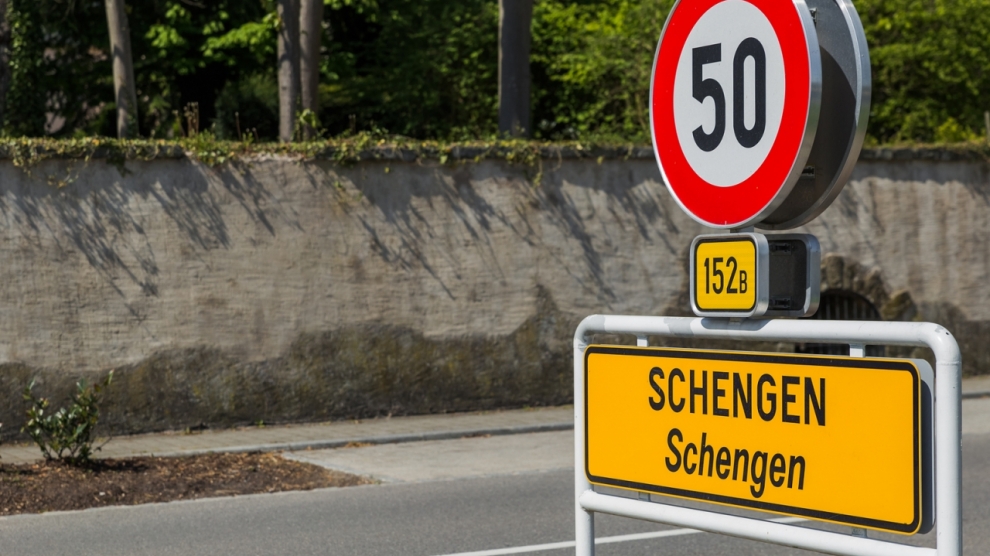Georgia, Moldova and Ukraine may soon join the European customs union and Schengen area, gaining increased access to the single market. The European Parliament passed a resolution on November 15 calling for deeper integration with the three emerging Europe states as they implement more reforms, potentially paving the way for them becoming candidate countries.
MEPs welcomed the significant progress made since the last Eastern Partnership (EaP) Summit, held in Riga in 2015. They pointed out that some Eastern partners have made major reforms and that Georgia, Ukraine and Moldova now benefit from free trade and visa-free regimes with the EU.
However, MEPs made it clear that they are in favour of clear benchmarks for future cooperation, stressing that no further EU deals will be ratified with a country that does not respect EU values or intimidates human rights defenders and journalists.
The next EaP summit will be held in Brussels on 24 November, at which a number of proposals will be discussed. These include setting up a trust fund for Ukraine, Georgia and Moldova, which could focus on private and public investments in social and economic infrastructure and creating an ‘EaP+’ model for associated countries that have made substantial progress on EU-related reforms to offer them the possibility of joining the customs union, energy union, digital union or even the Schengen area and abolishing mobile roaming tariffs.
Other proposals include supporting economic reforms aimed at phasing out monopolies, limiting the role of oligarchs, preventing money laundering and tax evasion, as well as maintaining collective pressure on Russia to resolve the conflicts in Eastern Ukraine, the occupied territories of Abkhazia and South Ossetia, and Transnistria.
The deployment of an armed Organization for Security and Co-operation in Europe (OSCE) police mission in Eastern Ukraine will also be on the agenda.
The parliament’s co-rapporteur Laima Andrikienė said: “We propose very concrete steps to guarantee that our Eastern Partnership policy is a success – the Eastern Partnership Plus format, which includes a trust fund, a new European Investment Plan and financial support mechanism for the implementation of the Association Agreements. It is not dedicated to oligarchs, but to ordinary people in fields such as energy savings, jobs, public service or reconstruction”.
Co-rapporteur Knut Fleckenstein added: “Accession to the customs union, energy union, digital union, the Schengen area and the gradual abolition of roaming charges provide a wide range of ways in which this Eastern Partnership can and should be developed further. The prerequisite for this is the implementation of reforms we agreed upon. The summit must not only talk about what has been achieved, but what needs to be done and where to do homework.”
The Eastern Partnership was launched in 2009 to deepen political and economic ties between the EU and the six Eastern European partners: Armenia, Azerbaijan, Belarus, Georgia, Moldova and Ukraine.






Add Comment